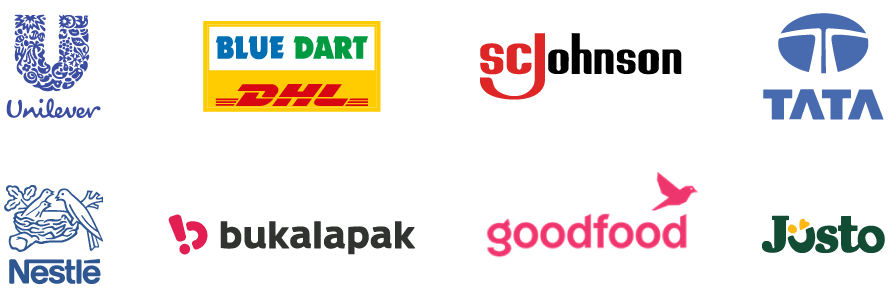As the world is still grappling with the coronavirus, meal-kit delivery has thrived. The scenario wasn’t so before the pandemic. But with a significant number of people working from home, meal-kit services have finally found the right audience.
What is a meal-kit delivery?
Meal kit delivery is a subscription-based business model where companies send ready-to-cook fresh ingredients for recipes that customers can make at home.
Challenges of Meal-kit deliveries
Increased logistics pressure has been the biggest obstacle for meal-kit companies. These challenges include:
Maintaining Delivery windows
Consumers want their meal-kits to be delivered within the preferred time slots. Meeting delivery time windows with on-ground constraints like traffic is the biggest challenge.


Customer Retention
The continuously changing customer preferences and increasing competitors, make it challenging to build a sustainable customer base.
Burgeoning All-Mile delivery costs
The toughest hurdle to crack for meal-kit companies is to balance expectations of ‘hangry’ customers while also minimizing their all-mile delivery costs.

Delivery optimization software: The perfect ingredient for a successful all-mile delivery
Many meal-kit companies lose customers and exit the market because they are unable to handle costs. A delivery optimization solution helps them reduce costs in the following ways:

Dynamic Route Planning
It helps meal-kit companies come up with optimal routes for drivers without disturbing their scheduled deliveries.

Real-time visibility
It enables meal-kit companies to track on-ground movement of their fleet and also glean insights past, present and future rides. It also helps companies give tracking links to customers.

Effective dispatch planning
It helps meal-kit companies to execute on-demand dispatch planning, maximizing the number of tasks and reducing idle time.

Location Intelligence
It helps meal-kit companies to obtain precise location information from flawed address data, leaving no room for error.

Safe deliveries
The Electronic Proof of Delivery software minimizes unnecessary paperwork and validates completed deliveries with zero physical contact.
Share this infographic by using this embed code:






